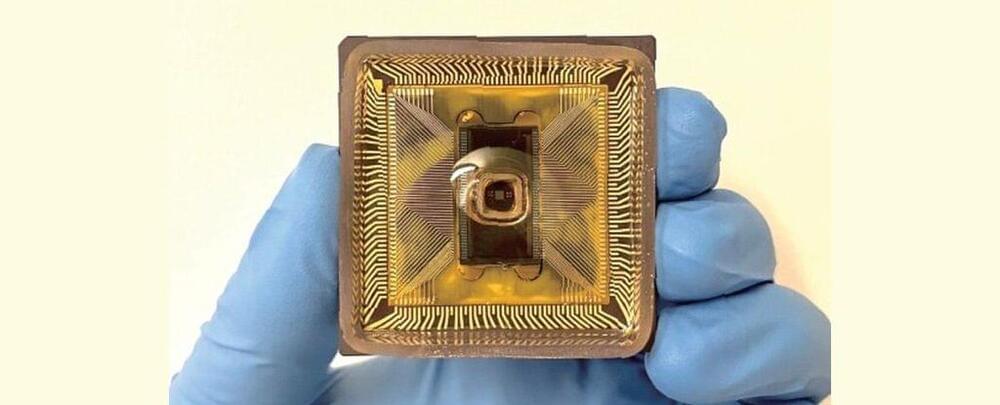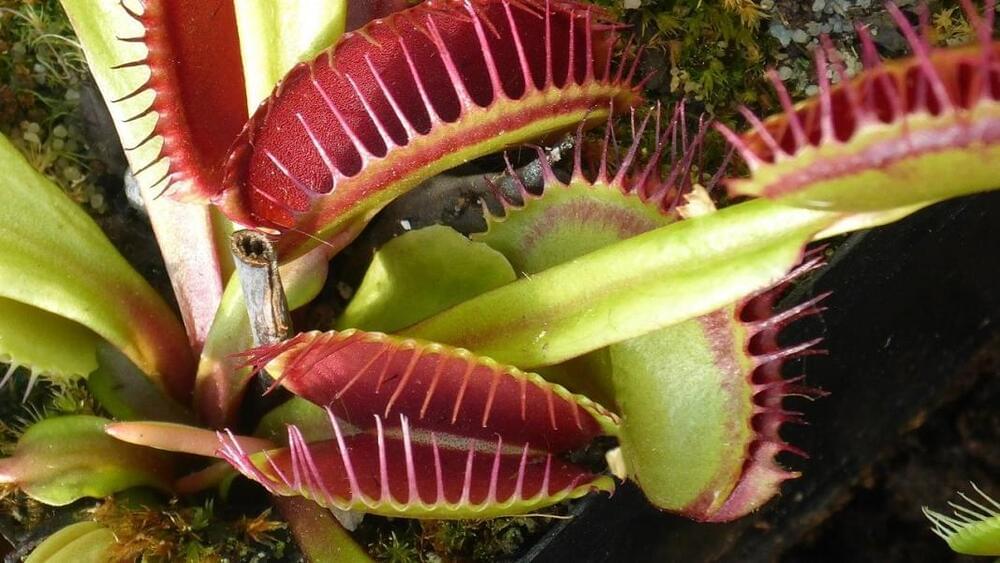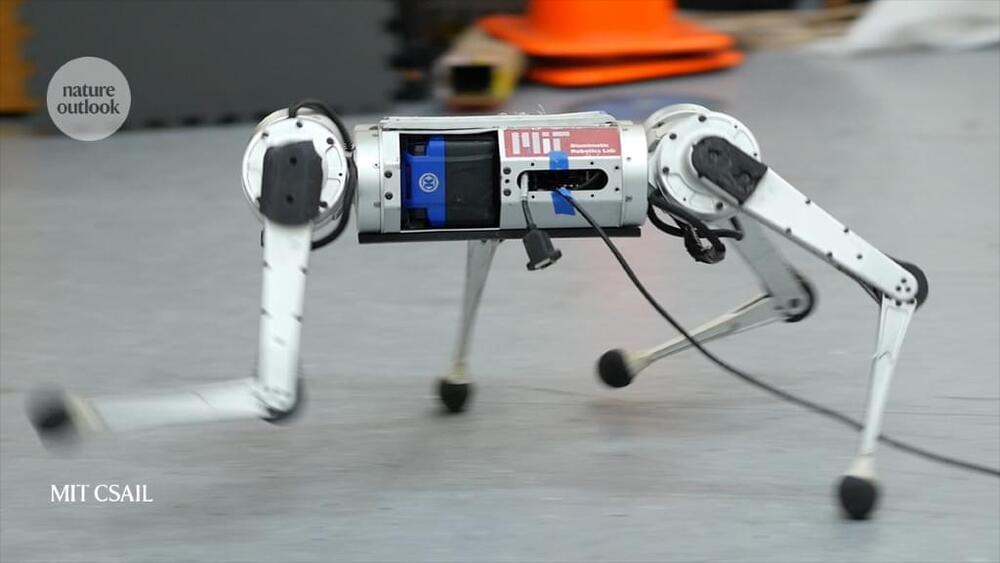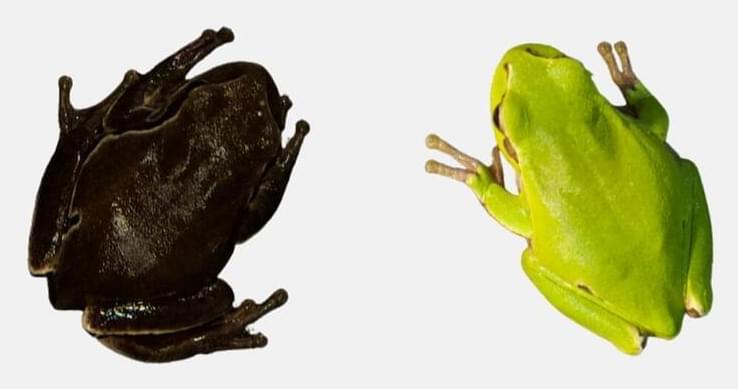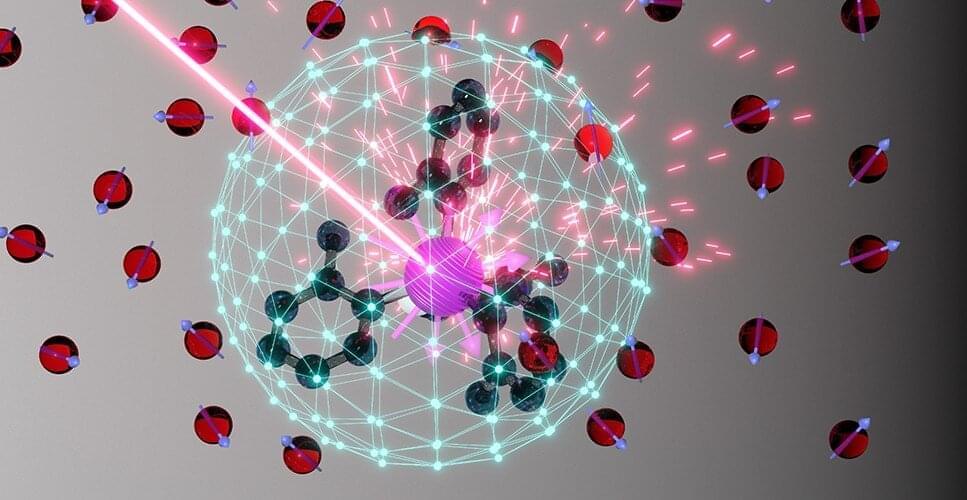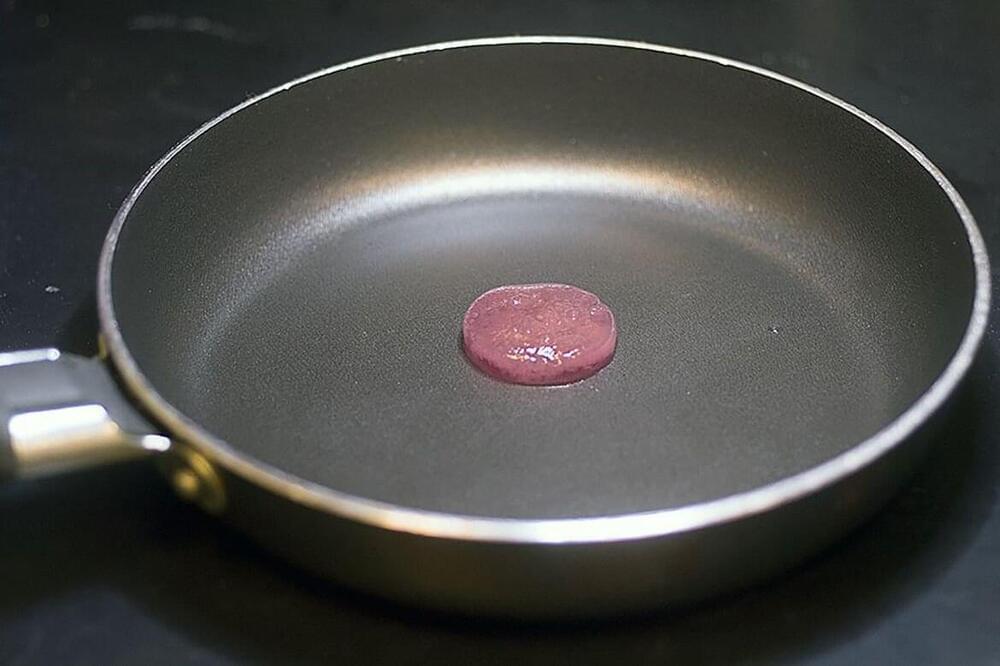Crucially, they showed that the synapses were capable of Hebbian learning, the process by which the strength of the connection between two neurons increases or decreases based on activity. This is key to the way information is encoded into the brain, with the strengths of connections between neurons controlling the function of different brain circuits.
In biological neurons this ability to alter the strength of connections—known as plasticity—operates at two distinct timescales. Over shorter timescales, regular firing of the neuron leads to a buildup of ions that temporarily increase the ease with which signals pass across. In the long term though, regular activity can cause new receptors to grow at a synapse, resulting in more durable increases in the strength of the connection.
With the artificial synapses, short-term plasticity operates in much the same way due to a buildup of ions. But boosting the connection strength in the long term relies on using voltage pulses to essentially grow new material out of a soup of chemical precursors at the synapse, which increases its conductivity.
